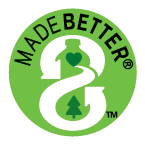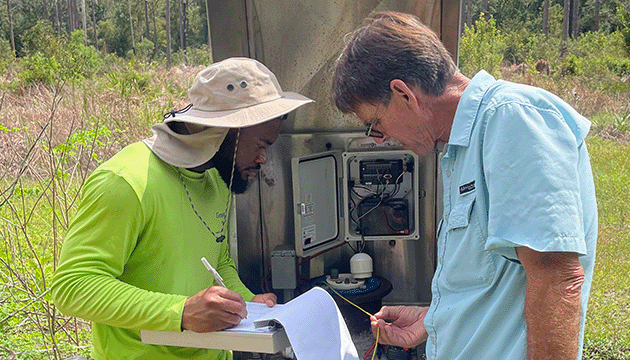How2Recycle
Recycling properly can be a little confusing. If you need tips, look for the How2Recycle info on our labels, visit how2recycle.info, or use the chat bot on recyclecheck.org for details specific to your community.
Efforts to Recycle Plastic: In 2018, approximately 29.1% of PET bottles & jars were recycled across the United States. Recycling rates of PET vary across regions and recycling programs with bottle deposit return systems achieving the highest recycling rates up to 2.5 times the national average. Existing forms of mechanical recycling diminish the quality of plastic with each recycling attempt, although work is being done to try to find ways in which recycling might restore this quality.





